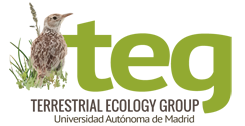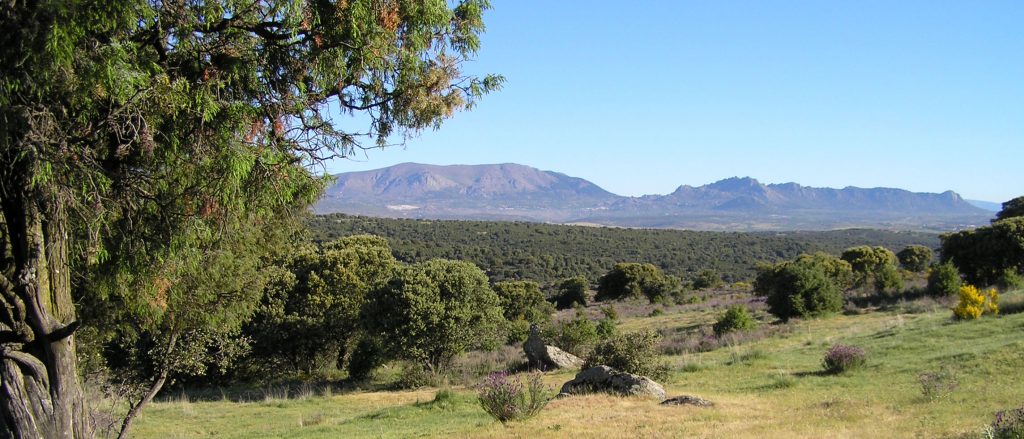P2013/MAE-2719.
R&D activity of Research Groups in the Madrid Region, 2015-2018.
REMEDINAL-3 is a network of prestigious research groups working on natural resources and environmental technologies, particularly the restoration and conservation of Mediterranean ecosystems and their response to global change. This Network is promoted by the Madrid Regional Government via a call for R&D activities by research groups, co-financed by the EU’s European Social Fund. This network includes eight research groups from the main universities in the Madrid Region (URJC, UAH, UAM, UCM and UPM) and two public research centres, CSIC and the Forestry Research Centre (CIFOR- INIA), with technological support provided by two specialised laboratories, NUTRILAB and CULTIVE, part of REDLAB (Madrid Region Lab Network). All of these groups are working on an ambitious project that is combining efforts, capacities, resources, knowledge and experience in a joint programme with clear common goals.
The overall goal of this programme is to improve basic knowledge about how Mediterranean ecosystems respond to different drivers of global change. It assesses the way different ecosystem management and ecological restoration strategies can help to mitigate the effects of global change.
The programme’s research lines are:
- Consequences of climate change in Mediterranean ecosystems.
- Consequences of habitat fragmentation and destruction in Mediterranean ecosystems.
- Consequences of land abandonment and land-use change in Mediterranean ecosystems.
- Consequences of global change for the supply of biodiversity and Mediterranean ecosystem services.
- Consequences of the earth movement and the inclusion of this driver of change in the current paradigms of global change and ecological restoration.
- Restoration work: consequences for the dynamics, operation, structure and composition of ecosystems disturbed by humans.
- Conservation work: impacts on biodiversity and biological interactions.
- New tools for mitigating global change.


